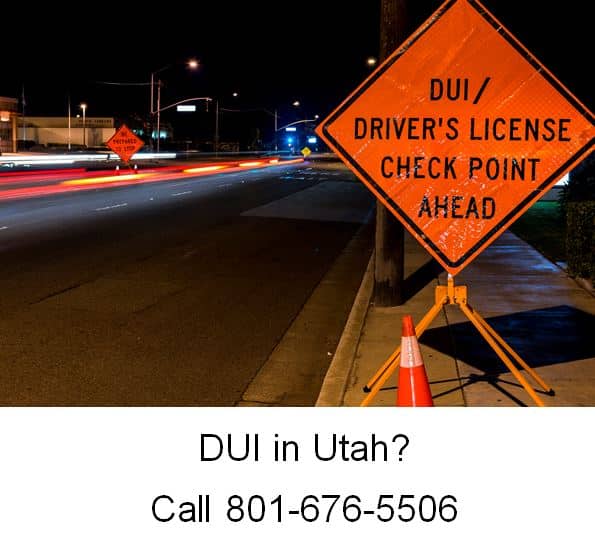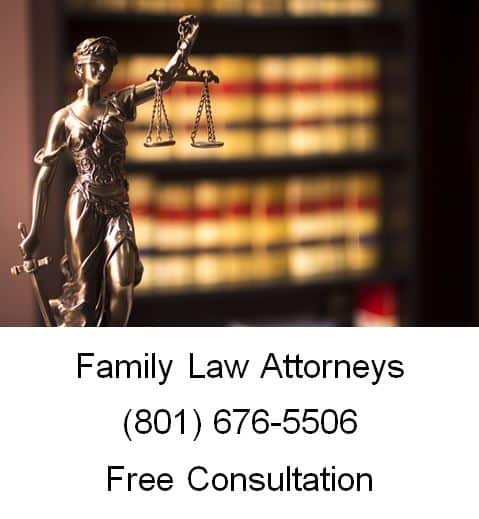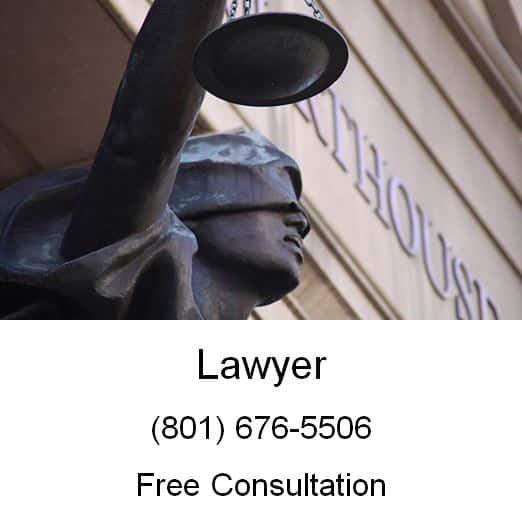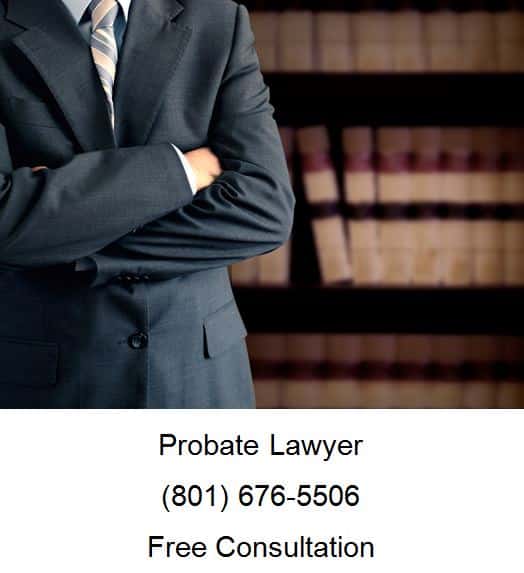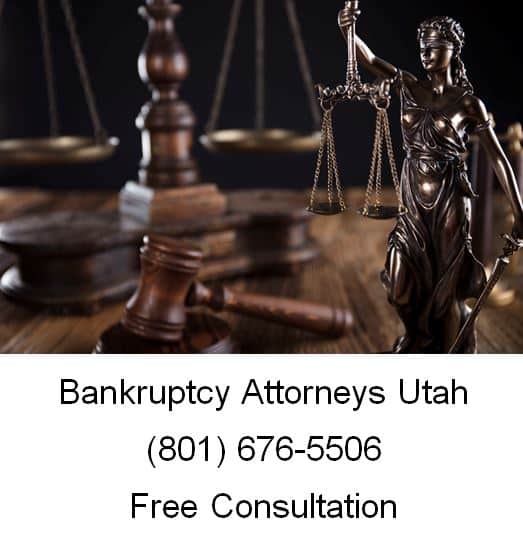
If you need advice on bankruptcy, contact an experienced Woods Cross Utah Bankruptcy lawyer. The lawyer will explain to you the ABCs of bankruptcy.
Clearly, bankruptcy is a drastic step that is pursued only when other more favorable options are unavailable. A bankruptcy filing is an admission that a company has in some way failed to achieve certain goals. The term business failure is somewhat ambiguous and has different meanings, depending on the context and the users. There are two main forms of business failure: economic failure and financial failure. Each has a very different meaning.
The word bankruptcy actually comes from a combination of two Latin words: bankus, which means bank, and ruptus, which means broken. Some have traced these words to a tradition in Italy in the 1800s, when Italian merchants did business on benches. If one of their businesses failed, their benches would be broken by other merchants as a way of letting the failed business know it was no longer welcome in the area.
For many years bankruptcy in the United States was governed by the Bankruptcy Act of 1978. This law was enhanced in 1984 with the Bankruptcy Amendments and Federal Judgeship Act, which established the jurisdiction of the bankruptcy court as a unit of the district courts. This law was in response to a Supreme Court ruling that challenged the jurisdiction of bankruptcy courts. The 1984 law also made it more difficult to immediately void labor contracts in bankruptcy. This was in response to a Supreme Court ruling in the Wilson Foods case, in which the court decided that companies could abrogate existing labor contracts as soon as they filed for bankruptcy. The revised law, which was passed partly because of labor union pressure, requires that a company try to work out a labor agreement before going to the bankruptcy courts. If the sincerity of the efforts of the parties is an issue, a bankruptcy court will decide whether each party acted in good faith and under compliance with the law.
The Bankruptcy Reform Act of 1994 enhanced the powers of the bankruptcy courts. The act gave these courts the right to issue orders that they deem necessary or appropriate to carry out the provisions of the Bankruptcy Code. In October 2005, the Bankruptcy Abuse Prevention and Consumer Protection Act was focused mainly on personal bankruptcy and causes such as credit card abuse. However, the law did contain some changes affecting Chapter 11 filings. We will discuss the rules that relate to the length of what is known as the exclusivity period later in this chapter. Other changes related to corporate bankruptcy involved limits on retention bonuses paid to management. Managers receiving such bonuses must prove they have a bona fide job offer at or near the retention bonus. Such a bonus cannot be greater than 10 times the average incentives paid to retain nonmanagers.
Another change brought about by the 2005 law is the requirement that the debtor in position has seven months after the filing to accept or reject leases. This is an important requirement for retailers. It forces them to make a long-term commitment even though the full reorganization plan may not be finalized and approved. Still another change brought about by the new law is the requirement that the debtor in position pay in full for all goods it received 20 days prior to bankruptcy. This eliminates some of the benefits of doing a Chapter 11 filing but it also prevent supplies from being cut off for companies that are rumored to be filing Chapter 11. If your business is seeking bankruptcy protection, Chapter 11 may be ideal for you. Speak to an experienced Woods Cross Utah bankruptcy lawyer to know more.
Reorganization vs. Liquidation
The purpose of the reorganization section of the Bankruptcy Code is to allow a reorganization plan to be developed that will allow the company to continue to operate. This plan will contain the changes in the company that its designers believe are necessary to convert it to a profitable entity. If a plan to allow the profitable operation of the business cannot be formulated, the company may have to be liquidated, with its assets sold and the proceeds used to satisfy the company’s liabilities.
Reorganization Process
Although the Chapter 11 process varies somewhat depending on the particular circumstances of the bankruptcy, most Chapter 11 bankruptcies have certain important common characteristics.
Bankruptcy Petition and Filing
The reorganization process starts with the filing of a bankruptcy petition for relief with the bankruptcy court. In the petition, the debtor lists its creditors and security holders.
Standard financial statements, including an income statement and balance sheet, are also included. The court then sets a date when the creditors may file their proofs of claim. The company then attempts to put together a reorganization plan while it continues its operations. Contrary to what a layperson might think, there is no financial test that is performed by the court at this time to determine whether the debtor is truly financially insolvent.
The petition is usually filed in the federal district in which the debtor has its home office. After the petition is filed, a case number is assigned, a court file is opened, and a bankruptcy judge is assigned to the case.
Filing Location
A troubled company can file a bankruptcy petition in one of many regional bankruptcy courts. Unlike the decision of where to incorporate, corporations are supposed to file in a district either where they have their headquarters or where they have a substantial percentage of their operations. Even though bankruptcy laws are federal laws as opposed to state laws, companies can choose to file their cases in specific local venues within the federal court system.
Debtor in Possession
After the bankruptcy filing, the bankrupt company is referred to as the debtor in possession. This is a new legal entity; however, for all practical purposes, it usually is the same company with the same management and the same employees. From the creditors’ point of view, this is one of the problems of the bankruptcy process; that is, the same management that led the company into its financial troubles usually is still running the business while a reorganization plan is being developed.
If the creditors strongly oppose the management of the debtor staying in control of the business, they may petition the court and ask that a trustee and examiner be appointed. If concerns exist about fraudulent actions or incompetence of the debtor’s directors or management, the court may agree. A trustee is charged with overseeing the operations of the company while it is in bankruptcy. An examiner may be appointed to investigate specific issues. If the court denies a request for a trustee, an examiner is usually appointed.
Automatic Stay
When the petition is accepted by the court, an automatic stay is granted. This is one of the main benefits the debtor receives in the Chapter 11 process. During the automatic stay, a halt is placed on any prepetition legal proceedings as well as on the enforcement of any prefiling judgment. Creditors are unable to pursue a lien on the debtor’s assets or to collect money from the debtor. Parties seeking relief from the stay may petition the court and request a hearing. If the creditors can convince the court that the assets that are being used as collateral for obligations due them are not necessary for the continued operation of the company, or the debtor has no equity interest in the assets, they may be able to get relief from the stay.
Time Line in the Reorganization Process
Within 10 days of filing the Chapter 11 bankruptcy petition, the debtor is required to file a schedule of assets and liabilities with the court. This schedule must include the name and address of each creditor. The next important date is the bar date, which is the date when those creditors who have disputed or contingent claims must file a proof of claim. A proof of claim is a written statement that sets forth what is owed by the debtor to the particular creditor. Failure to file by the bar date may result in the forfeiture of the claim. It is automatically assumed, however, that other claimholders have filed a proof of claim.
Use of Secured Creditors’ Collateral
The Chapter 11 process allows for the use of the secured creditors’ collateral by the debtor in possession. Creditors are barred from seizing assets while the stay is in effect. This does not mean that the debtor has free use of the property. The debtor must make some accommodation to the creditors, such as periodic payments (i.e., monthly), for continued use of the assets.
Duties of the Debtor in Possession
After the filing of the petition, the court establishes certain schedules that feature various reporting requirements. For example, the debtor has to file monthly financial statements 15 days after the end of each calendar month. In addition to the court rules as set forth in the federal law, each federal district may have additional reporting requirements.
Stakeholder Committees
The Bankruptcy Code provides for various committees to be formed to represent the interests of different claim holders before the court. The committees are usually composed of the seven largest members of a given class who are interested in serving on the committee. These committees have the power to hire their own attorneys and other professionals to assist them. These expenses of these professionals are paid for by the debtor-in-possession. A committee to represent the interests of unsecured creditors is almost always appointed. Other committees, such as an equity holders committee, may also get formed. The ultimate decision about which committees are formed is made by the Executive Office of the Trustees or the court.
A creditors’ meeting is usually held within 20 to 40 days of the bankruptcy filing. The meeting is called by the U.S. trustee and is usually held at his office. The debtor and its principal officers must be present at this meeting. All creditors may attend this meeting and may ask the debtor specific questions that are of concern to them.
Along with the U.S. trustee, the creditors’ committee monitors the actions of the debtor, ensuring that it does not do anything that would adversely affect the creditors’ interests. The creditors’ committee may retain counsel, accountants, and other financial experts to represent the creditors’ interests during the reorganization process. The fees of professionals are borne by the debtor.
The bigger the bankruptcy, the more likely it is that there may be more committees, such as an equity holders’ committee, or different types of creditors’ committees, such as a bondholders’ committee, representing the various forms of debt that might exist.
Debtor’s Actions and Its Supervision
The debtor may continue to operate the business during the reorganization process. The law requires that the debtor obtain the approval of the bankruptcy court before it takes any extraordinary action that is not part of the normal business operations, such as selling assets or property.
Technically, the supervision of the debtor is the responsibility of the judge and the creditors. They may acquire resources, such as legal and accounting or other financial expert assistance, to help them. Practically, neither the judge nor the creditors usually have the resources or time to closely supervise the debtor. Even if the debtor does something that the creditors do not approve of, the debtor may be able to convince the judge that some actions are necessary for the survival of the company; that is, if the court does not allow the debtor to take these actions, the company may go under. Thus, the judge is put in the difficult position of making this decision with limited information. If the judge rules against the debtor and is wrong, he risks the company’s going out of business and all the duress and employee suffering this might cause. For this reason, the debtor is usually granted significant leeway and will be opposed only when its proposed actions are clearly objectionable.
Woods Cross Utah Bankruptcy Attorney Free Consultation
If you think you need help in a chapter 7, chapter 9, chapter 11, or a chapter 13 bankruptcy in Utah, please call Ascent Law LLC (801) 676-5506 for your Free Consultation. We want to help you.
8833 S. Redwood Road, Suite C
West Jordan, Utah
84088 United States
Telephone: (801) 676-5506
Recent Posts
Can A Lawyer Stop A Foreclosure?
Family Lawyer Grantsville Utah
Source: https://www.ascentlawfirm.com/bankruptcy-lawyer-woods-cross-utah/

